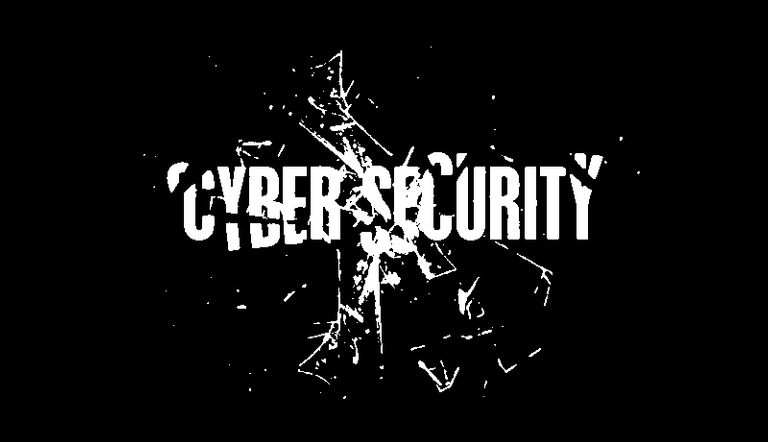We'd all like to feel safe with our digital info. We'd all like to pretend that our actions online are secure and private. But, as recent events have shown, so-called "cyber-security" is so tough to get right, it may as well be merely security-theater.
In this special 2-part edition of WikiTruth, we break into the myth and fallacies of Cyber-Security, and figure out why staying safe is so hard to do in the digital world.
🆆🅸🅺🅸🆃🆁🆄🆃🅷 #8: The Malicious Myth of Cyber-Security (part 1)

🆆🅸🅺🅸🆃🆁🆄🆃🅷
Cyber-security is a well known concept, and yet it seems nearly impossible for multi-million dollar corporations to get right. Why is that?
The answer is that governments, at least ones run by governments, are notoriously slow to develop and deliver real cyber security to companies. As you've no doubt read, the security standards that are widely used today were developed at the behest of governments which are in most cases not well-versed in the business side of cyber security. Most governments rely on third-party organizations to develop cybersecurity software for their governments, who want to keep their borders secure as much as possible.
There's also the fact that the industry generally uses a closed "solution" for every problem, and when it comes to security problems, a small group of trusted people can sometimes overcome multiple barriers, be it a poorly-thought out attack on a system or even an entire company's ability to perform the usual maintenance operations. That said, the average security company isn't nearly as complex as the security industry would like you to believe. In fact, the typical security company probably takes just as long developing and implementing any kind of standard it sets out to protect.
In addition, it can be very difficult for companies, when they have to meet requirements at all, to implement advanced cyber security systems without some other, more powerful solution working for them.
Recent news have been swamped with stories of various cybersecurity incidents. Everything from data breaches (which we will talk more about in part 2), identity theft, and money corruption. The FBI released new information on Friday that revealed that some of the worst cyberattacks on the nation's electrical grids occurred in California — where hackers compromised electricity networks.
On Sunday, the FBI released a report confirming reports that it is now on the hunt for a third man who they believe used the same techniques to breach the electric grid as the man who was identified in the California hack.
These attacks were carried out through a variety of social engineering tactics to steal sensitive data using the use of multiple, sophisticated tools used by the hacker group, the Shadow Brokers.
Some of the tools they found were used to infect computers with malware or fake emails to confuse investigators. The Shadow Brokers released new information on their own methods to steal credentials, and how they managed to pull this off. The group says they gained access to over 6 million user credentials from an industrial control and communications facility known as the Center for Strategic and Budgetary Assessments (CSBA).
One of the methods used by the group is known as Pusztai Rami, or the "Shadow Man," in Russian, the group says it was able to gain personal emails for the employees. In February, one of these emails was leaked revealing top government officials' emails.
It appears that proper security in the cyber realm has an uphill battle to go through. In part 2, we'll be taking a closer look at a specific type of cyber-security failings, data breaches.
🆆🅸🅺🅸🆃🆁🆄🆃🅷 🆆🅸🅺🅸🆃🆁🆄🆃🅷 🆆🅸🅺🅸🆃🆁🆄🆃🅷 🆆🅸🅺🅸🆃🆁🆄🆃🅷 🆆🅸🅺🅸🆃🆁🆄🆃🅷
We are WikiTruth.
We hereby declare to post information onto this immutable ledger with the sole intent to distribute, inform, and participate in the free exchange of knowledge.
We do not believe in "government-given" rights. We believe that the only thing a government can do with a person's rights, is take them away.As a human, you are innately born with freedom. Any "rights" that are "granted" to you by the government, are merely those they have yet to stripe you off.
To put it bluntly: A GOVERNMENT CAN NOT GIVE RIGHTS, IT CAN ONLY TAKE THEM AWAY.With that in mind, we will be using the Steem blockchain in order to release information that should be public and free.
free-julian
Curated for #informationwar (by @wakeupnd)
Ways you can help the @informationwar!